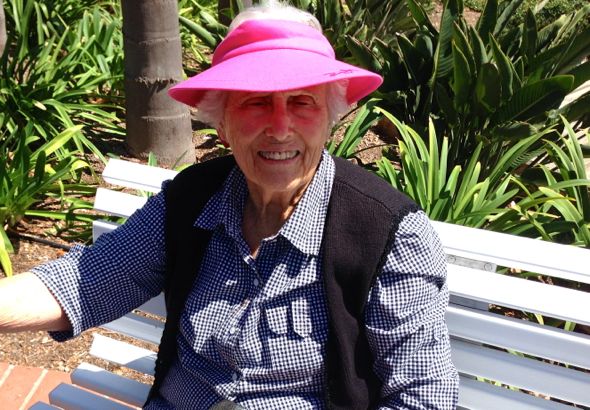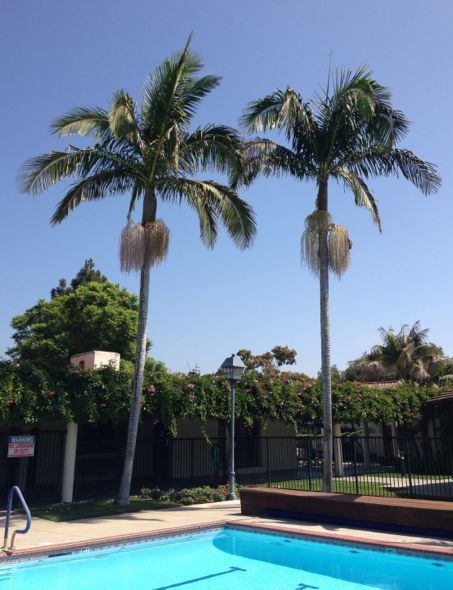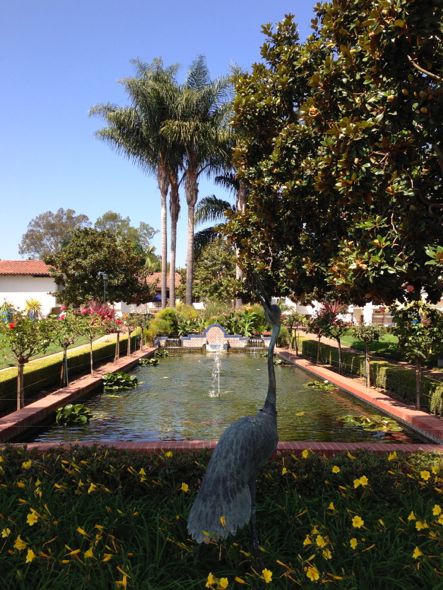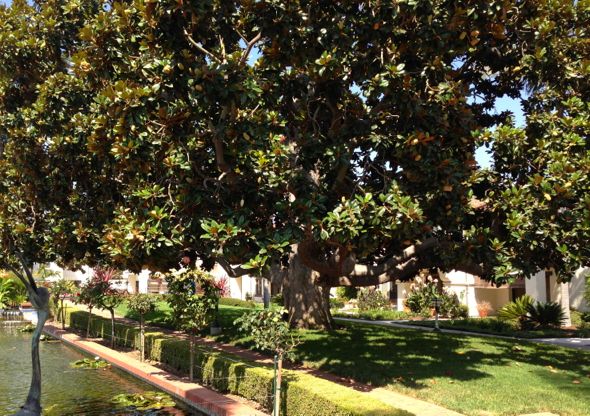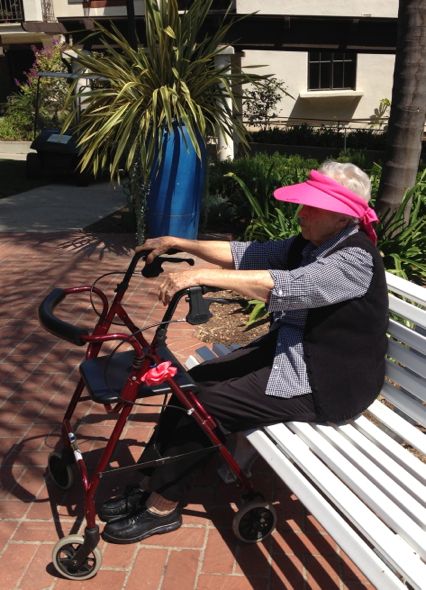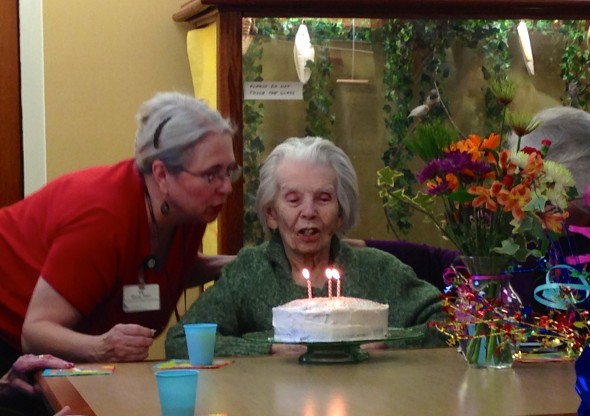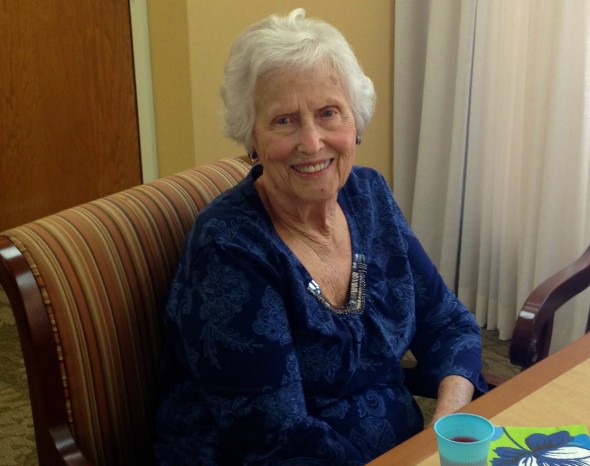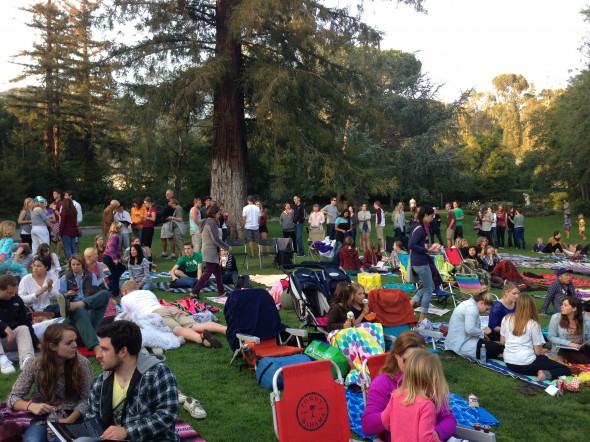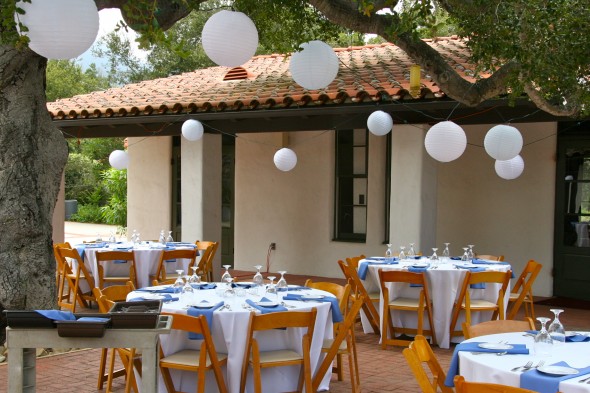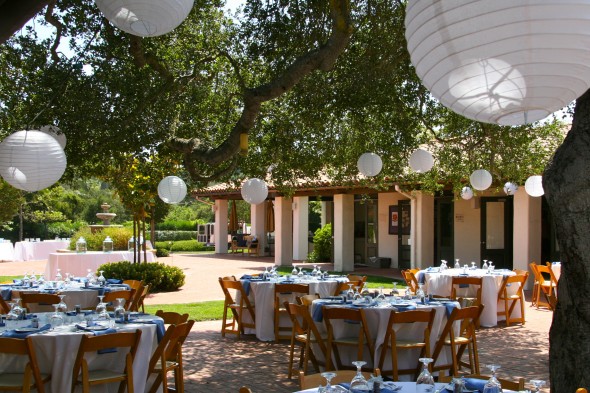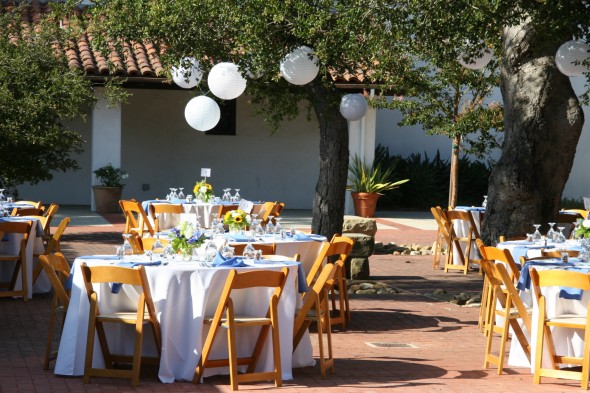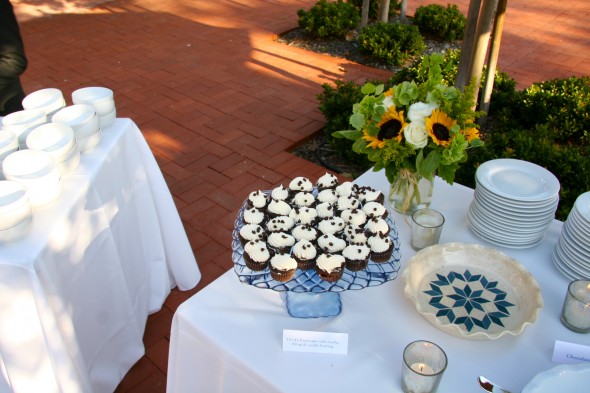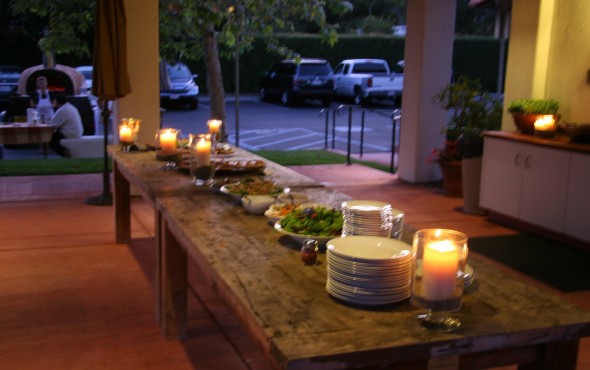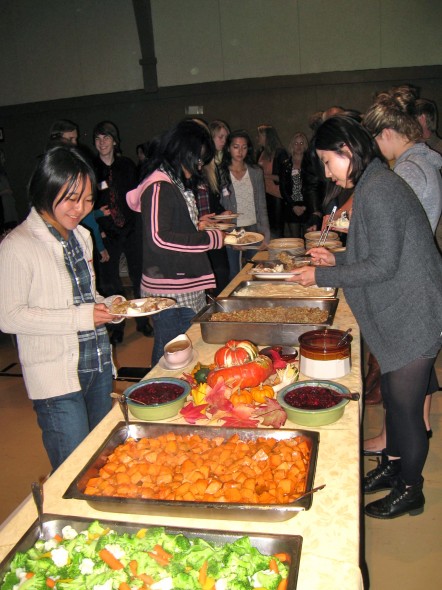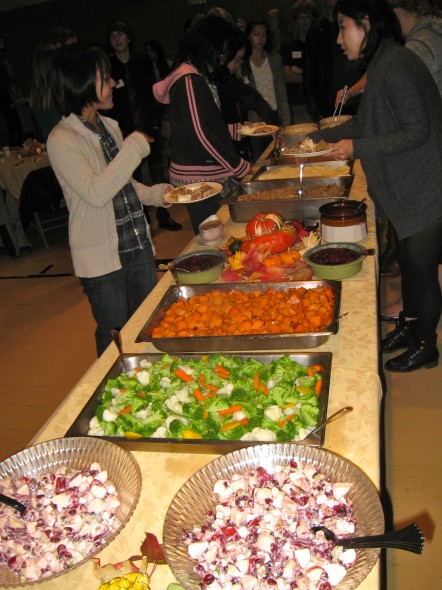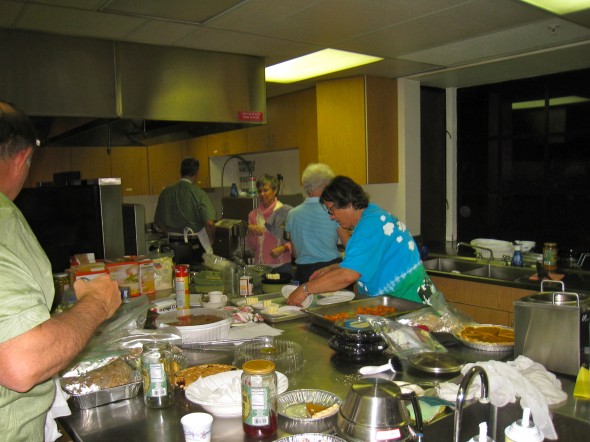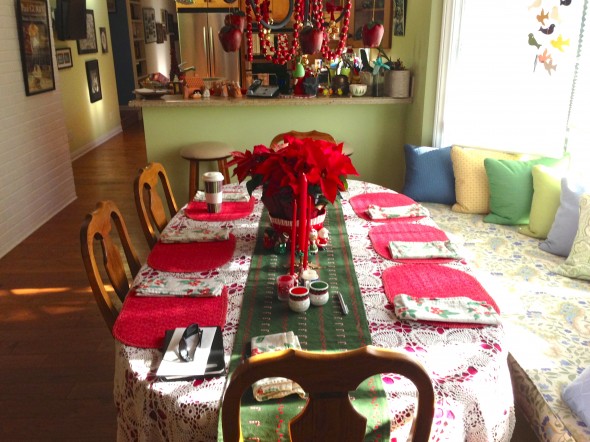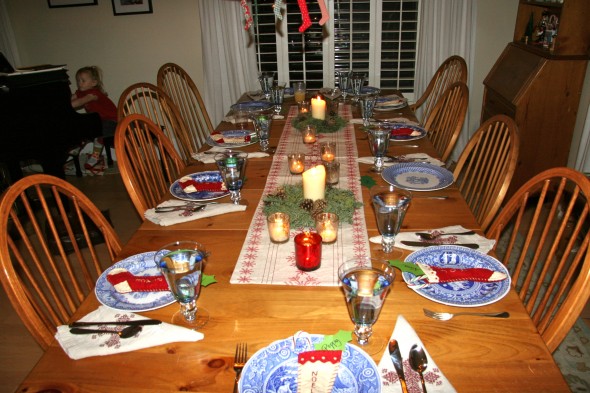. . . to disconnect
It’s been quiet here the last week or so.
And there’s a good reason for that.
I’m traveling right now,
a combination of business, pleasure,
and commitment.
There was no room for writing in this space,
not any way I sliced it,
so I gave myself permission to . . .
disconnect
for a few days.
Not forever, and not from everything,
but from here, for now.
And you know what?
That simple act sparked something in me,
something which I’m going to be talking about
for the next 31 days, right here.
I’ll be talking about giving permission to . . .
ourselves.
Permission to do new things,
familiar things,
scary things,
easy things,
unusual things,
usual things,
startling things,
ordinary things,
things that we too often either
forget,
delay,
ignore,
hide,
or deny.
Things that move us out of our rut,
or snap us out of our mood,
or force us out of hiding.
Things that add dimension to life,
that bring fullness,
variety,
intrigue,
maybe even transformation.
Are you interested?
Well then, just check in each day of October.
There will be a new topic everyday.
Some days there will be a lot of words,
some, not so many.
There will usually be a photo or two,
there will be room to laugh, cry,
sing, dance, doubt, lament, rejoice.
Because that’s who we are,
who we’re designed to be,
who we’re meant to be.
Whole.
Interesting and interested.
Curious and open,
attentive, inventive,
creative and responsive.
So let’s start with disconnecting, shall we?
Take a break from one thing this week.
I don’t care what it is – something that gives you
just a squinch more breathing room in your day,
something that opens up a crack for fresh air,
fresh thinking, maybe even soul searching.
Are you up for it?
Tell me your one thing – put it in the comments.
Maybe that way, you’ll actually make that space in your day,
that tiny space. . . just to breathe in, to breathe deep.
Signing on with The Nester for the 2nd year in a row. Come on over and see the hundreds of others who will be enjoying this fun (and challenging) experiment.
Every day? For 31 days in a row?
I must be nuts
But you knew that, right?



